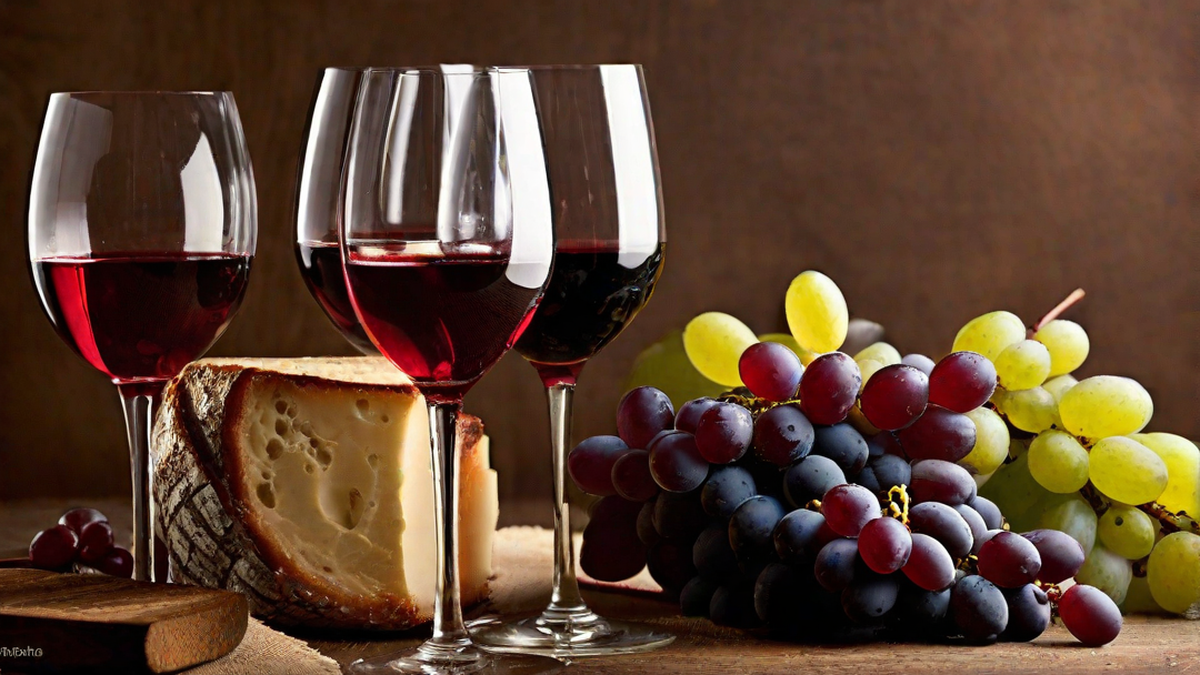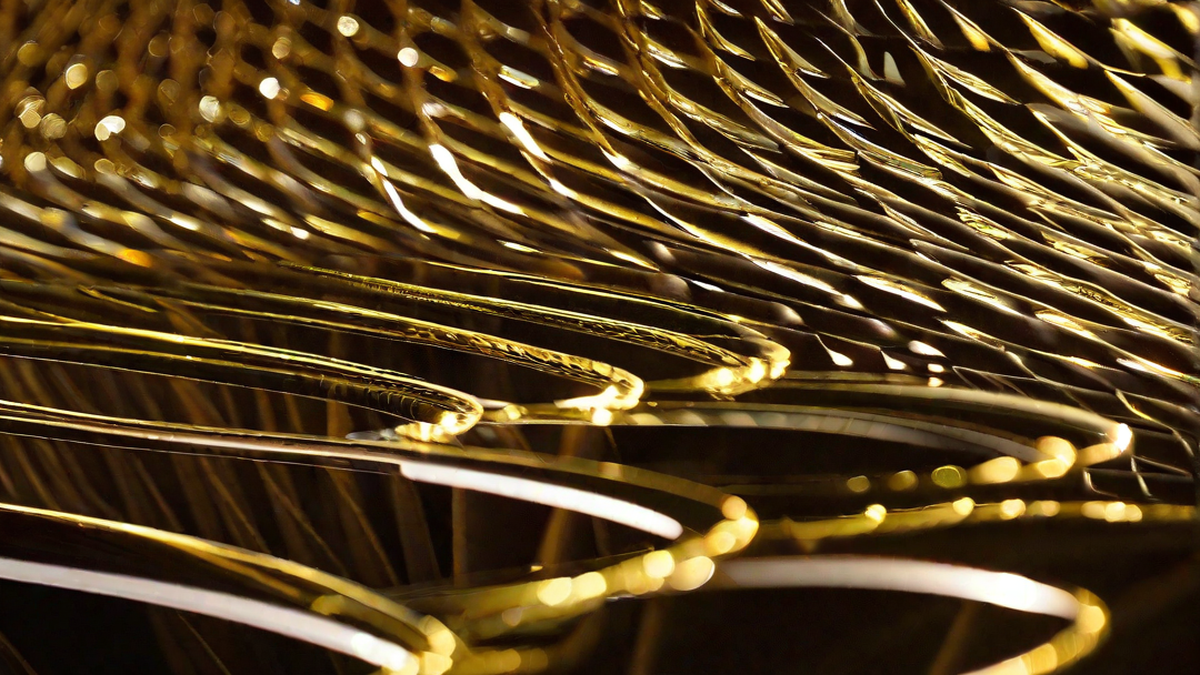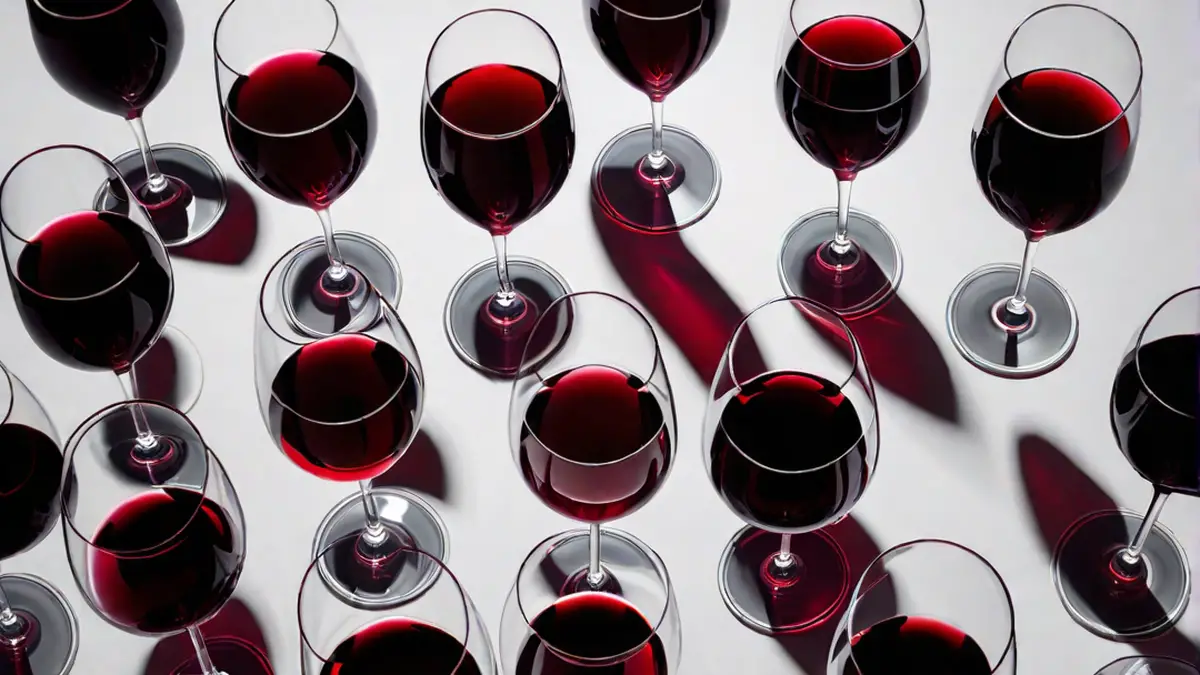As a wine enthusiast, I’ve often reflected on the crucial role of yeast in winemaking. This minuscule creature plays a pivotal role in the fermentation process, transforming grape juice into wine. Join me on a journey into the fascinating world of yeast in the art of winemaking.
The Yeast Connection
Yeast is present in every glass of wine we enjoy. It is responsible for converting the sugars in grape juice into alcohol through the process of fermentation. Without yeast, grape juice would simply remain a sweet, non-alcoholic beverage. The yeast consumes the sugars and produces alcohol, carbon dioxide, and other flavorful compounds that give wine its distinct taste and aroma.
Winemakers have been harnessing the power of yeast for centuries. In fact, many winemakers use specific strains of yeast to control the fermentation process and achieve desired flavors and aromas in their wines. These strains, known as “cultured” yeast, are carefully selected to enhance the characteristics of different grape varieties and wine styles.
Wild Yeast vs. Cultured Yeast
In addition to cultured yeast, there is another type of yeast that can be found in wine: wild yeast. Wild yeast is naturally present in the vineyard, winery, and on the grape skins. It can contribute to the fermentation process, although it is less predictable than cultured yeast. Some winemakers choose to embrace the presence of wild yeast as it can add complexity and unique flavors to the final wine.
However, not all winemakers are fond of wild yeast. It can be unpredictable and introduce off-flavors or spoilage issues if not carefully managed. Cultured yeast provides winemakers with more control, as they can select a specific strain that aligns with their desired wine style.
Yeast and Wine Quality
The presence of yeast in wine is not necessarily an indicator of quality. Both wild yeast and cultured yeast can produce exceptional wines when used in the right context. It is the winemaker’s skill and knowledge that ultimately determines the quality of the final product.
However, it is worth noting that certain winemaking practices, such as using native yeast or allowing for spontaneous fermentation, are often associated with the production of natural or artisanal wines. These wines tend to showcase the unique characteristics of the grape and the terroir, resulting in wines that are expressive and reflective of their origin.
The Debate Continues
While yeast is an essential component of winemaking, its presence in wine has sparked debates among wine enthusiasts. Some argue that using cultured yeast leads to a lack of diversity and homogenization of wine styles. Others believe that the use of cultured yeast allows winemakers to consistently produce high-quality wines.
Ultimately, the presence of yeast in wine is a testament to the intricate and fascinating process of winemaking. It is a delicate balance between science, artistry, and nature that results in the diverse range of wines we have the pleasure of experiencing.
In Conclusion
Yeast is indeed present in wine, playing a crucial role in the fermentation process. Whether it’s the wild yeast that adds complexity or the cultured yeast carefully selected by winemakers, yeast contributes to the diverse array of flavors and aromas we find in the wines we enjoy. So, the next time you raise a glass of wine, take a moment to appreciate the tiny organisms that have transformed grape juice into a beautiful elixir.




